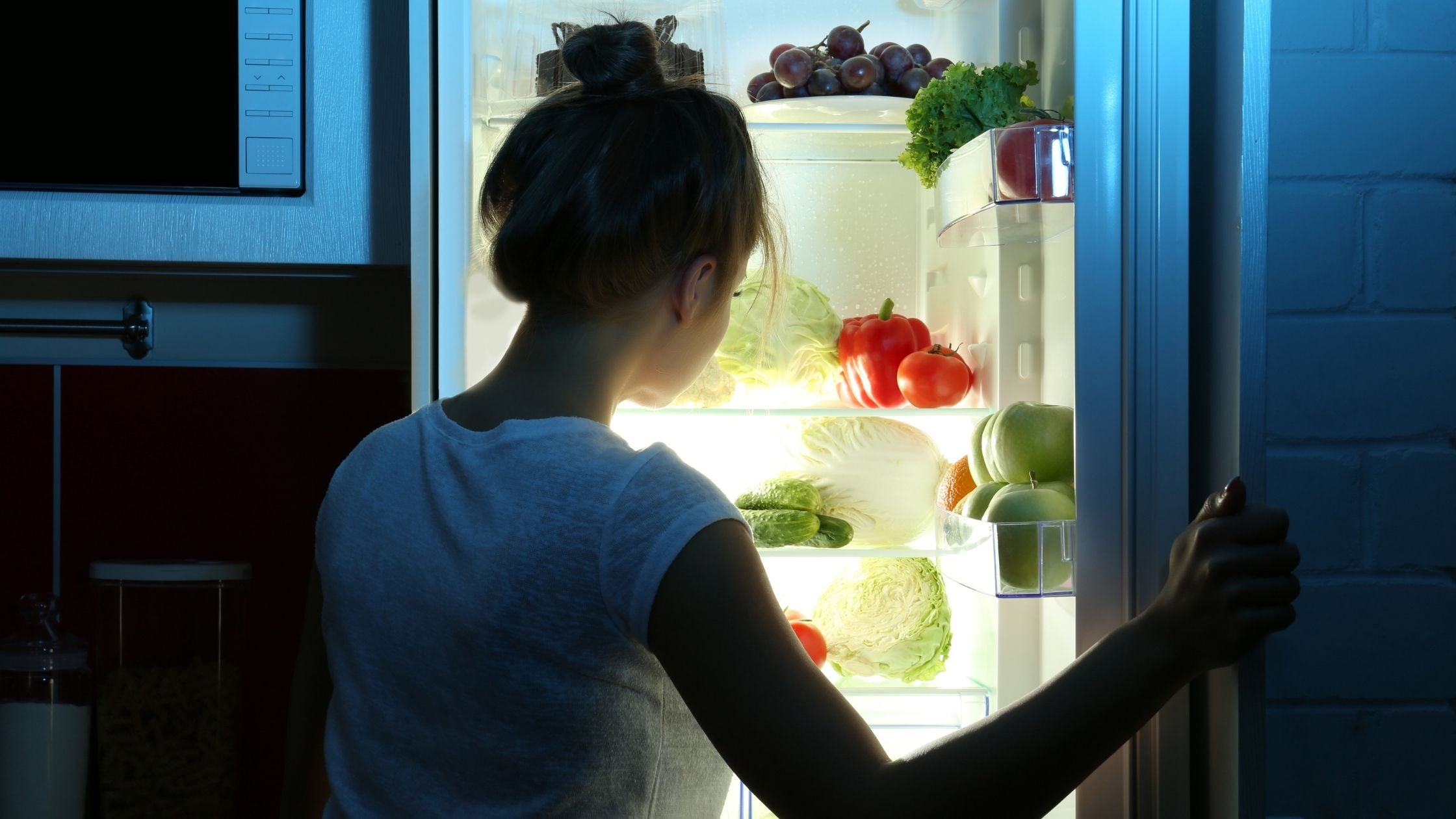Late Night Eating and Weight Gain
We have all heard the stories – do not eat after 8 pm at night or you will gain more weight while you sleep. This rumour is based on the premise that when you sleep, your body burns less energy and then stores this excess energy as fat. What you eat is more important than when you eat. There are more behavioural factors influencing late night eating, rather than physiological factors. Let us explore why late-night eating may or may not cause weight gain.
Food and your sleep rhythm (circadian rhythm)
There is research that has led some to believe that eating at night works against the circadian rhythm. This rhythm works on a 24-hour cycle that tells your body when to rest, eat and wake. According to this rhythm, nighttime is for resting and not for eating.
Although there are animal studies that support this, not all human studies have the same conclusion. Contrary to belief, a study in 1600 children found no link between dinner after 8pm and weight gain.
Human studies tend to support that it is not when you eat, but the amount you eat.
The same study was performed on a group of adults and these adults consumed more calories than early eaters – this could ultimately be the reason leading to weight gain.
The same weight-loss/ weigh-gain principles apply here: if you consume less calories than your total daily energy expenditure, weight gain will be unlikely regardless of what time you eat.
Late eaters consume more calories
In a study concluded on close to 60 adults, it became evident that individuals who ate later, consumed more calories than early eaters.
A similar study concluded that people who consumed food between 11:00 pm and 5:00 am consumed on average 500 calories more per day than the individuals who ate most of their meals during daytime. This excess of calories intake accumulated to a weight gain of 4.5kg over time in late eaters.
This concludes again that it is not the timing of the meals, but rather the number of calories consumed.
In addition to consuming more calories, late-eaters also tend to make bad food choices – making what they eat and how much they eat the two biggest contributing factors to weight gain. This can be due to the lack of easy access to.
The matter of fact
Late-night calories do not count more than early calories. Late eaters are only prone to consuming more calories and to make poorer food choices and this is what leads to weight gain. If you eat at night, choose nutrient-dense foods or low-calorie snacks to bust your cravings.
Article Supplied by USN
[1] Coulthard JD, Pot GK. The timing of the evening meal: how is this associated with weight status in UK children? Br J Nutr. 2016 May;115(9):1616-22. doi: 10.1017/S0007114516000635. Epub 2016 Mar 15. PMID: 26975796.
[2] Baron KG, Reid KJ, Horn LV, Zee PC. Contribution of evening macronutrient intake to total caloric intake and body mass index. Appetite. 2013 Jan;60(1):246-251. doi: 10.1016/j.appet.2012.09.026. Epub 2012 Oct 2. PMID: 23036285; PMCID: PMC3640498.
[3] Reid KJ, Baron KG, Zee PC. Meal timing influences daily caloric intake in healthy adults. Nutr Res. 2014 Nov;34(11):930-5. doi: 10.1016/j.nutres.2014.09.010. Epub 2014 Oct 2. PMID: 25439026; PMCID: PMC4794259.
[4] Gluck ME, Venti CA, Salbe AD, Krakoff J. Nighttime eating: commonly observed and related to weight gain in an inpatient food intake study. Am J Clin Nutr. 2008 Oct;88(4):900-5. doi: 10.1093/ajcn/88.4.900. PMID: 18842774; PMCID: PMC6322536.

